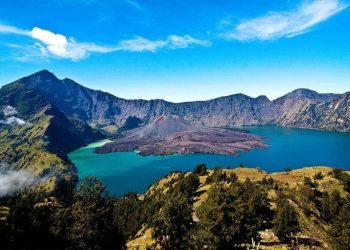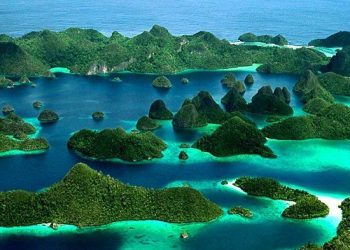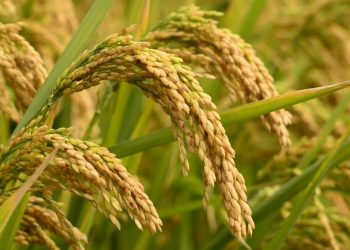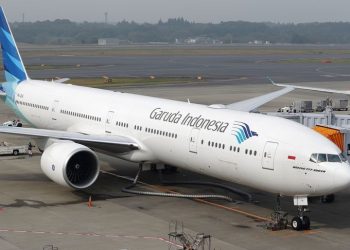Jakarta, IndonesiaSentinel.com — In an effort to tackle the nutritional challenges faced by Indonesia, the upcoming Prabowo administration has introduced an innovative initiative—fish milk. This new product, aimed at enhancing the nation’s overall health, especially in children, is set to be a cornerstone of Indonesia’s broader healthy eating program.
Fish milk is expected to serve as a sustainable alternative to traditional dairy, addressing both local dairy shortages and offering a nutrient-rich solution for the population.
Nutritional Value of Fish Milk
Fish milk boasts a variety of essential nutrients that set it apart from traditional cow’s milk. Rich in high-quality proteins, contains a full amino acid profile, making it a superior option for protein intake. One of its standout qualities is its impressive absorption rate of 96%, ensuring that the body efficiently utilizes the proteins it provides.
Additionally, this milk is loaded with omega-3 fatty acids, including EPA (eicosapentaenoic acid) and DHA (docosahexaenoic acid), which are known for their benefits in supporting brain development and cardiovascular health. These components are particularly important for growing children, making fish milk an ideal alternative in Indonesia’s effort to combat malnutrition.
Unlike cow’s milk, which can trigger allergies in some people, this milk is allergen-free, making it a safer option for individuals with lactose intolerance or dairy allergies. This factor could expand its appeal across various demographics within Indonesia, promoting inclusivity in nutrition.
A Response to Dairy Shortage
Indonesia has long struggled to meet its domestic demand for dairy, with only about 22.7% of the nation’s milk requirements being fulfilled by local production. As a result, the country has been heavily dependent on imports to close this gap. The fish milk initiative aims to provide a reliable, locally sourced alternative that not only meets dietary needs but also reduces reliance on foreign imports.
In addition to its nutritional benefits, fish milk could become a pivotal part of the country’s economic and environmental strategies, as it leverages Indonesia’s abundant marine resources. By using locally sourced fish, the program could drive sustainable development and innovation within the country’s food production sectors.
6 Million Indonesia Data Records Including President Jokowi’s Sold on Breach Forums
Challenges and Future Prospects
While fish milk offers exciting potential, the road to large-scale production is not without its hurdles. Indonesia still needs to develop the necessary infrastructure and processing technology to produce on a mass scale. However, with the country’s vast marine resources, experts are optimistic about the possibility of establishing as a staple in Indonesian diets—and potentially exporting the product internationally.
By focusing on innovative, nutrient-dense alternatives like fish milk, the Prabowo administration seeks to build a healthier, more self-reliant Indonesia.
(Agung)


























